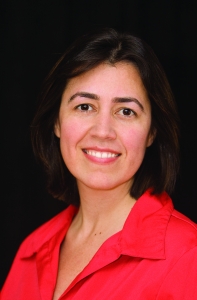Director’s Message
Director’s Message
 Often times, people receive mixed messages from the scientific community. Take for instance alcohol. Some studies over the last few years claimed the benefits of wine for heart health. Because of these reports many may have indulged in daily drinks of wine, thinking to be reaping health benefits. However, one needs to be clever in weighing the quality of a study, the source of funding, as well as listen to what God says about it.
Often times, people receive mixed messages from the scientific community. Take for instance alcohol. Some studies over the last few years claimed the benefits of wine for heart health. Because of these reports many may have indulged in daily drinks of wine, thinking to be reaping health benefits. However, one needs to be clever in weighing the quality of a study, the source of funding, as well as listen to what God says about it.
Recently a new study was published reminding people of the negative effects alcohol has on the brain. In fact, the results claim alcohol decreases brain cells. This study was done by researchers from Rutgers University and published on Neuroscience. They concluded that moderate to heavy alcohol consumption (2-4 drinks/day) over just 2 weeks reduced cell production in the hippocampus by nearly 40%. Interestingly, the blood concentration noted at the end of the drinking was only 0.08% and close to the legal driving limit for humans.
The authors stated that there is “fine line between ‘harmless’’ or supposedly healthy drinking and that associated with neuronal dysfunction and damage. Social and/or daily drinking may be more deleterious to brain health than commonly recognized by the general public.”1
God, our Creator, knows best and counseled His children through the wise Solomon saying “Who is always in trouble? Who argues and fights? Who has cuts and bruises?
Whose eyes are red? Everyone who stays up late, having just one more drink. Don’t even look at that colorful stuff bubbling up in the glass! It goes down so easily, but later it bites like a poisonous snake. You will see weird things, and your mind will play tricks on you. You will feel tossed about like someone trying to sleep on a ship in a storm. You will be bruised all over, without even remembering how it all happened. And you will lie awake asking, ‘When will morning come, so I can drink some more?’” (Probers 23:29-35 -CEV).
This thanksgiving season I am thankful that our loving God is always looking out for our wellbeing and offering us the power to choose wisely.
1Anderson et al. Neuroscience 224 (2012) 202–209.
